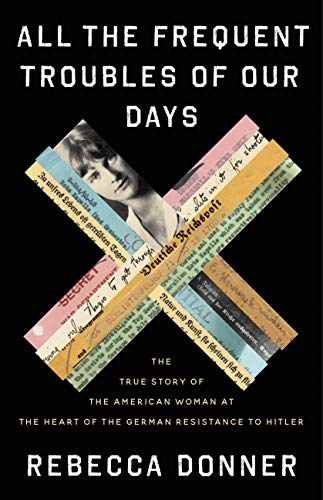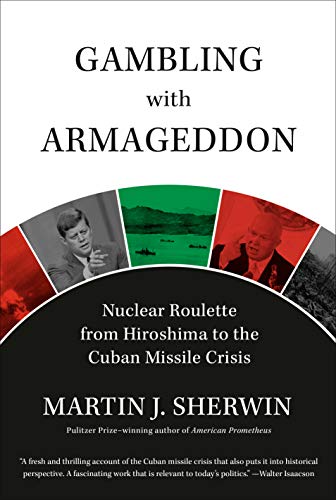-
-
-
![Michael Rosen]()
-
CIO Insights are written by Angeles' CIO Michael Rosen
Michael has more than 35 years experience as an institutional portfolio manager, investment strategist, trader and academic.
RSS: CIO Blog | All Media
Beach Reading
Published: 11-12-2021
I was expecting this to be a Fireside Reading post, but we are having a heat wave in Southern California that is sending me to the beach. So here are a few suggestions for your literary consideration, at the beach or in front of a fireplace.

The Story of a Brief Marriage, Anuk Arudpragasam
Dinesh lives in a refugee camp among thousands fleeing civil war in Sri Lanka. In subtle, yet piercing prose, the author captures the disruption caused by political violence at the most personal level. Survival is foremost, but Dinesh tries to bring meaning to his life through small acts of kindness and generosity amidst the devastation and despair. Arudpragasam captures the intimacy of a soul in day-by-day survival with prose that is poetic and elegiac. A deeply moving novel.

All the Frequent Troubles of Our Days, Rebecca Donner
Mildred Harnack grew up in Wisconsin, met a German student at the University of Wisconsin, married him and moved to Germany as the Nazis took over the country. She organized one of the largest underground resistance movements against the Nazis and was executed specifically under Hitler’s orders. The author is a great grand niece of Mildred Harnack, so this was a personal endeavor, but she has pieced together thousands of letters and diary entries to re-create an almost day-by-day account of this remarkable woman’s activities, thoughts, hopes and fears. We all know how the story ends, but Donner maintains a pace and tension that held my interest throughout.

Gambling with Armageddon, Martin Sherwin
I did not have high expectations for this book. Yes, Professor Sherwin is our most distinguished historian of the atomic bomb. A World Destroyed was published more than forty years ago and is still the standard on the bombing of Hiroshima. He won a Pulitzer with American Prometheus (highly recommended), the definitive biography of J. Robert Oppenheimer. Gambling with Armageddon takes on the Cuban Missile Crisis. There have been thousands of books, articles and movies on this subject, but Robert Kennedy’s Thirteen Days was one of the first and still is the most powerful interpretation of that event. Whatever your views of the Cuban Missile Crisis, it most likely came from that book (or movie, from 2000, starring Kevin Costner). Even though we all know the story and how it ends, Sherwin somehow manages to convey the tension and pace of the narrative that is riveting. The military makes a persuasive (and unanimous) argument for bombing the missile sights and invading Cuba. Blame for the crisis is laid squarely with Khrushchev, but he saw it as a calculated gamble, not intending to start a war. JFK worked to build consensus around a diplomatic solution even as we prepared for war. Had one not come, we were a day or two from attacking Cuba and, given that there were 42,000 Soviet troops there, likely beginning World War Three. Sherwin brings to light new evidence of two peripheral events that could have started a war but for the heroic interventions of a Soviet submarine captain and a U.S. Air Force officer, both of whom overrode instructions to launch nuclear missiles. Those instructions were unintentional, but they were both confirmed and standard operating procedures should have launched both those missiles. Gambling with Armageddon holds many lessons for us, most importantly the necessity to evaluate all options and the value in keeping as many open for as long as possible. Lastly, it conveys this decisive moment in history, and its lessons, in a gripping narrative.
Print this ArticleRelated Articles
-
![Valuation]() 21 Apr, 2015
21 Apr, 2015Valuation
Most observers would agree that equities are rich (expensive, overpriced, etc.). Corporate profits are at record highs, ...
-
![Chasing the Red Baron]() 31 Mar, 2017
31 Mar, 2017Chasing the Red Baron
You cant eat relative returns is an old aphorism. It sounds like it could come out of Poor Richards Almanac (Benjamin ...
-
![Beach Reading]() 23 Apr, 2022
23 Apr, 2022Beach Reading
The Lincoln Highway, Amor TowlesEmmett Watson is released from prison when his father dies to take care of his younger ...
-




